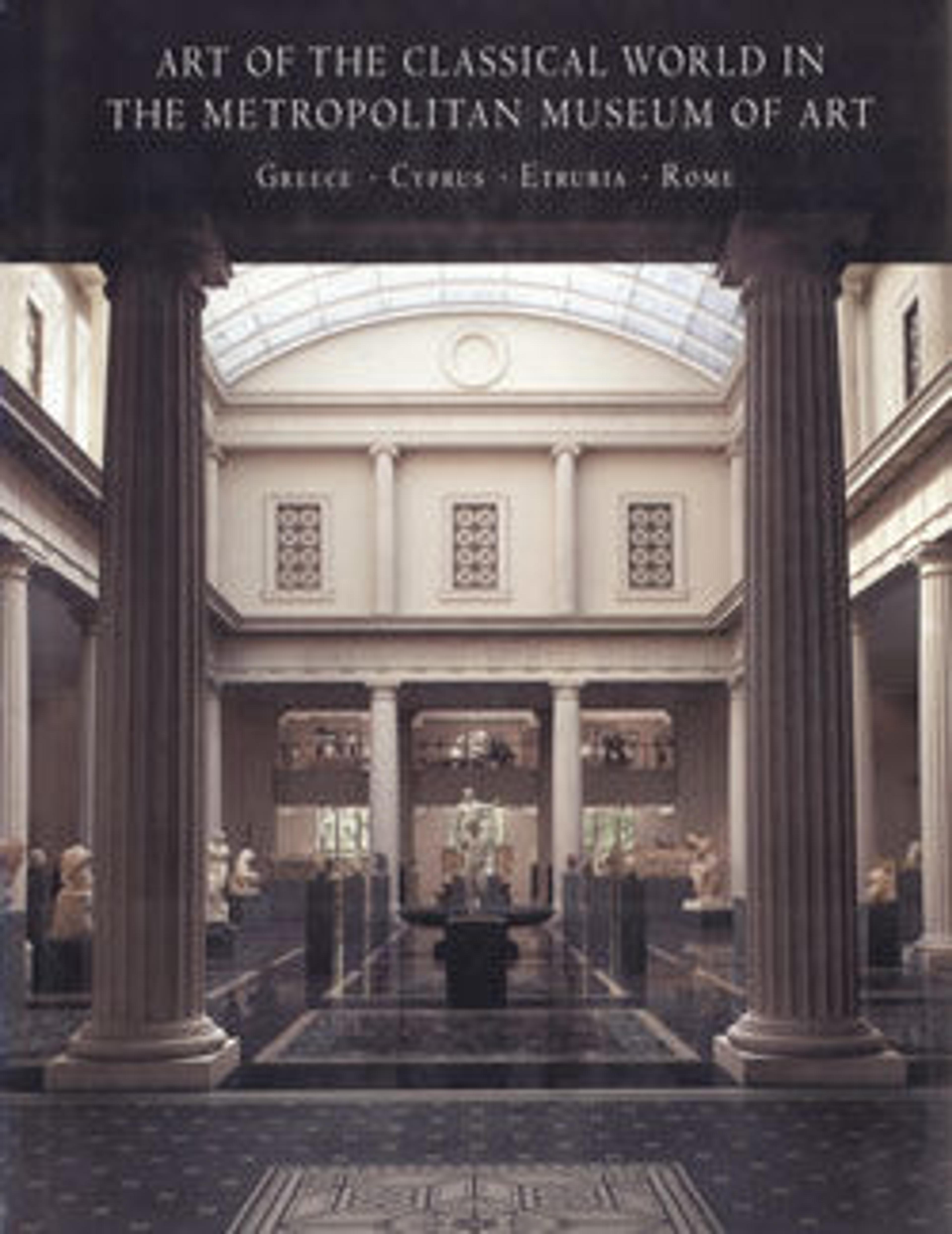Terracotta lekythos (oil flask)
Prothesis (laying out of the dead)
The prothesis, a central part of funerary ritual, is represented in the Metropolitan Museum's collection as early as the mid-eighth century B.C. The essential elements—the deceased laid out on a bier, surrounded by members of the household and mourners—remained unchanged over centuries. In this depiction, there is obvious interest in differentiating the mourners and exploiting the contrast between the light background and the surfaces of opaque color.
The prothesis, a central part of funerary ritual, is represented in the Metropolitan Museum's collection as early as the mid-eighth century B.C. The essential elements—the deceased laid out on a bier, surrounded by members of the household and mourners—remained unchanged over centuries. In this depiction, there is obvious interest in differentiating the mourners and exploiting the contrast between the light background and the surfaces of opaque color.
Artwork Details
- Title:Terracotta lekythos (oil flask)
- Artist:Attributed to the Sabouroff Painter
- Period:Classical
- Date:ca. 450 BCE
- Culture:Greek, Attic
- Medium:Terracotta; white-ground
- Dimensions:H. 12 1/2 in. (31.8 cm)
diameter 3 3/4 in. (9.5 cm) - Classification:Vases
- Credit Line:Rogers Fund, 1907
- Object Number:07.286.40
- Curatorial Department: Greek and Roman Art
More Artwork
Research Resources
The Met provides unparalleled resources for research and welcomes an international community of students and scholars. The Met's Open Access API is where creators and researchers can connect to the The Met collection. Open Access data and public domain images are available for unrestricted commercial and noncommercial use without permission or fee.
To request images under copyright and other restrictions, please use this Image Request form.
Feedback
We continue to research and examine historical and cultural context for objects in The Met collection. If you have comments or questions about this object record, please contact us using the form below. The Museum looks forward to receiving your comments.
